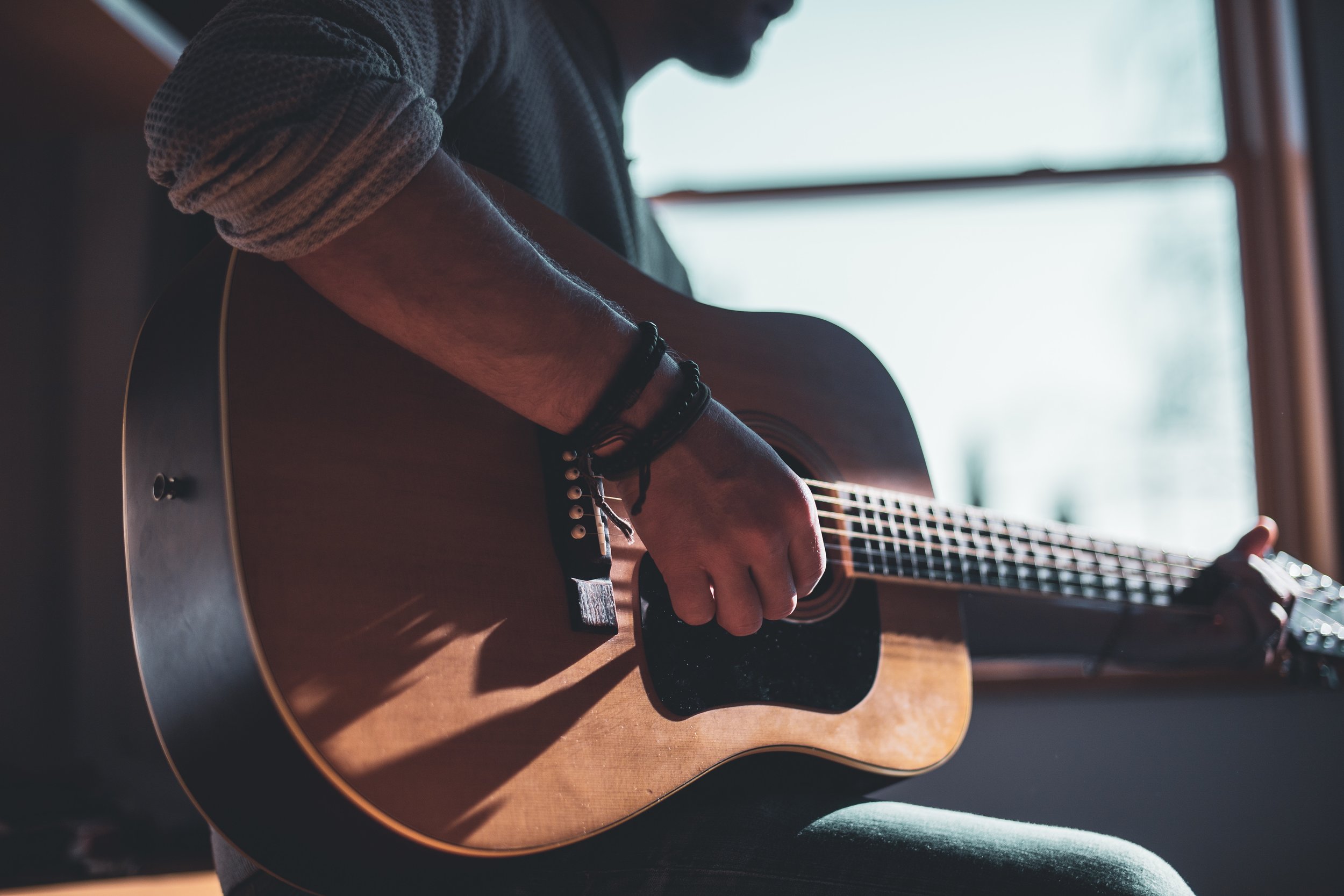As with many areas of study and expertise, music is an area with many words that become synonymous to the general public. For example, “Keyboards” and “pianos” are words that are often jumbled and misconceived. When you refer to one of these words, you may be referring to something different than what you intend - so let’s clarify.
4 Ways that Brain Science Can Help You Get the Most Out of Practicing
What is the Suzuki Method?
In the music world of string playing and teaching, you can’t go very far without hearing about the Suzuki Method. Countless professional musicians, including Hilary Hahn and Joshua Bell, began their studies with the Suzuki method. So what is it that makes it different from traditional teaching methods?
Overcoming Performance Anxiety from Practice to Performance
Your heart races as you step on stage. Blinking at the lights, you feel the familiar threat of panic rising in your throat. You try to ignore it, but the sensation spreads throughout your body. Trembling, you begin to play, but despite your many hours of practice, the piece completely falls apart. Disappointed, you walk offstage feeling defeated and hopeless to overcome your anxiety.
If this scenario sounds familiar to you, you are not alone. Having struggled with performance anxiety myself, I can attest to its difficulty, but I want to reassure you that your situation is not hopeless. You can learn to manage your performance anxiety by implementing some of these helpful strategies as you practice, prepare, and perform onstage.
How to Practice Piano with Correct Technique
To any new player beginning the process of learning the piano, all 88 keys staring back at you can look quite intimidating! Thankfully, with great technique and practice habits from the onset, you can overcome that boundary quickly. That piano suddenly becomes a beautiful instrument just waiting to be played!
Music Theory... With a Pizza?
No matter the age, music theory can be made into an fun and enjoyable subject. Even though we at Vibe love getting nerdy and possibly talking too long about all of the theoretical knowledge we geek-out on, we are careful to present music theory in our lessons with a completely understandable approach for even the youngest ages. Here’s a fun way to supplement your student’s learning in music theory with none other than… a pizza!
Learning Guitar for Busy Adults
Studies show that the older one gets, the more difficult it is to add skills to an already full brain. However, we have seen time after time that musicians prove this wrong! Brahms didn’t write his first symphony until age 40. Wes Montgomery (known as one of the greatest jazz guitarists of all time) didn’t pick up a guitar until his twenties. Bill Withers (“Lean On Me”, “Ain’t No Sunshine”) didn’t begin until his thirties. It is absolutely possible! Here are some tips we have to allow greater success in learning the guitar (specifically) once adulthood is in full force.
4 Tips for Writing Better Songs
The first song I ever wrote was in high school for a girl I liked. I thought if I wrote a good song she would go out with me. Turns out, I was wrong. But she was an inspiration to get me started, and I got great feedback from her friends. Fast forward 10 years and I have written over 30 songs and will be releasing a full length studio album with my band, Ross Hollow, this summer. Here are some of the concepts that have helped me the most.
So... You Want to Play Jazz?
Congratulations, you’ve decided to embark on a musical journey that has the potential to last a lifetime. You’ve decided you want to play JAZZ! Now I know this journey can seem intimidating; it can even be scary. But stay cool, I’m here to give you a few ideas on how you can get started on becoming the next jazz legend.
25 Great Guitar Cover Songs Across 5 Styles
Do you ever sit down to watch TV at the end of the day and not know what to put on? It’s not like there’s any shortage of great shows and movies to watch, and yet, how can you be sure that the one you pick isn’t going to be a let down - or worse… a waste of your time? Choosing music to learn to play on the guitar can feel the same way at times; there’s literally an endless sea of repertoire to choose from, but how do I know that I’m choosing the right song in the right style at the right difficulty?












